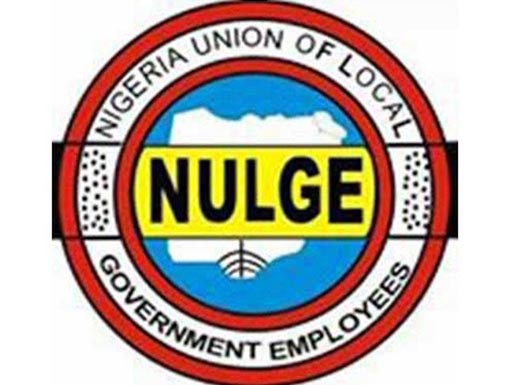
The Nigeria Union of Local Government Employees has called on the anti-graft agencies to track the local government allocation in the past seven years, noting that state governors have continued to divert and misappropriate local government funds.
The union renewed its calls for the speedy passage of the local government autonomy bill, arguing that this would ensure financial independence for the 774 councils in the country and also address the challenges of insecurity and unemployment.
Speaking at a press conference in Abuja on Thursday, the President of NULGE, Mr Ambali Olatunji, cautioned state governors against inducing and conniving with the legislative to stop the passage of the bill.
The NULGE boss lamented that only 10 states had passed the LG autonomy bill and further encouraged the other states to endorse it as quickly as possible.
He accused some governors of holding secret meetings with the speakers of state assemblies to prevent the states from passing the LG autonomy bill in the ongoing constitutional amendment.
Olatunji stated, “The governors are elected to govern the state as a whole, local government chairmen are elected to govern the local government. It is painful when you see the amount allocated. Sometimes, the local governments are allocated up to N120 million, N90mn N80mn (from the federation account). Ask yourself what gets to the local government. At times, it can be N10mn, N5mn; some don’t get more than N2mn. Where is the money going? We call on the EFCC, ICPC and NFIU to track local government allocation in the last seven years and tell us what has been done with them.”
Speaking further, Olatunji stated that full autonomy for local governments in Nigeria would help solve the challenges of insecurity and unemployment, noting that both are local issues that could be addressed by the councils.
“What we are witnessing today; be it harrowing poverty, joblessness, hopelessness, banditry, or insurrection has a deep root in the lack of a functional local government system. Every security challenge is local; the solution to it is local.
“If the local government has been focused and efficient, all these rural roads would have been upgraded; they can also organise local security and intelligence gathering. We will end insecurity if every community is safe in the hands of local security,” he noted.





